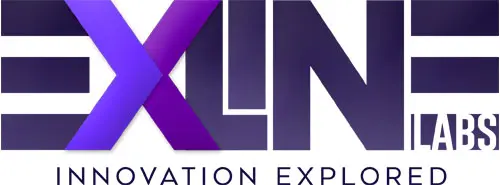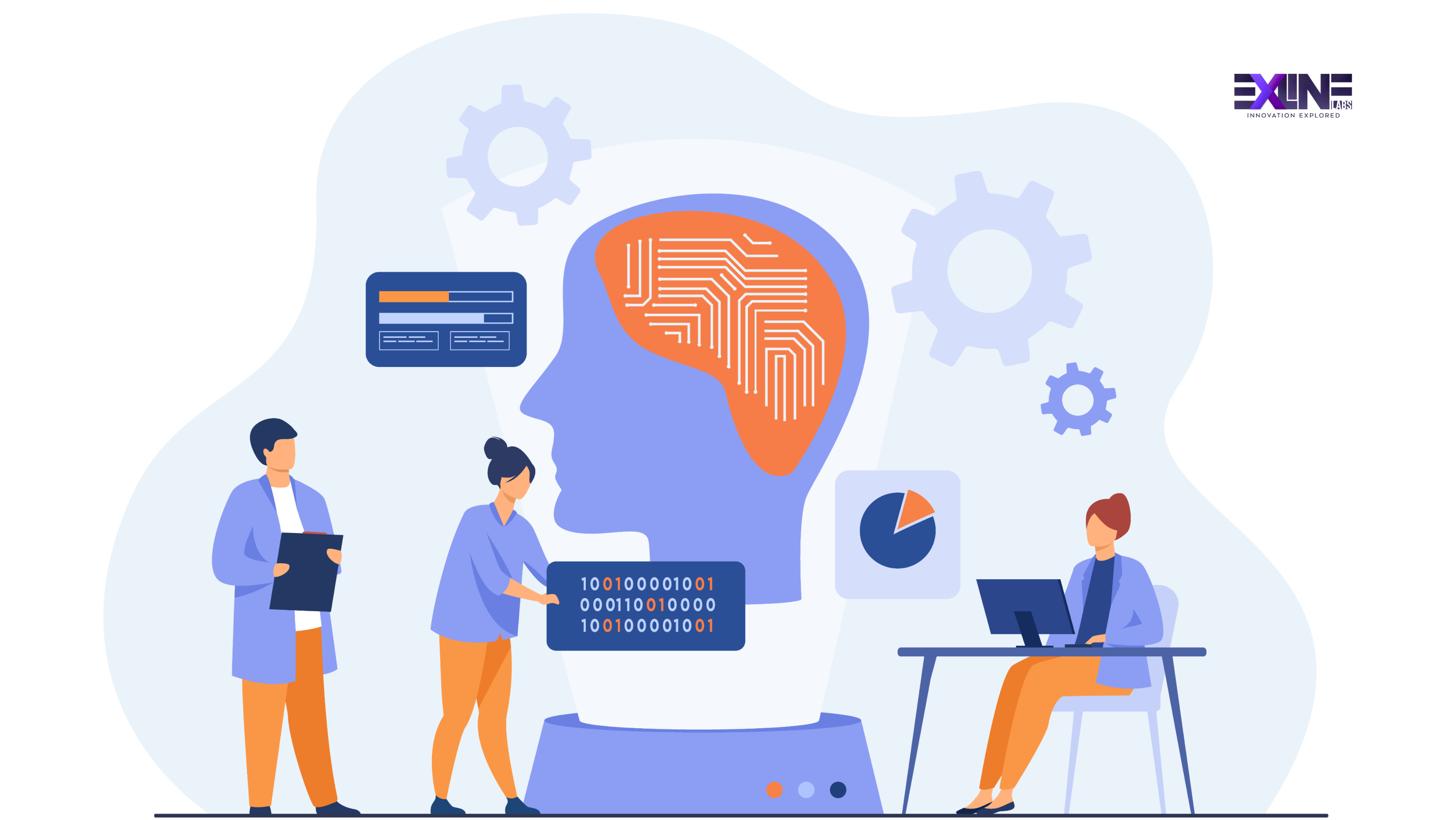Introduction
In recent years, cloud computing has revolutionized the way businesses operate, providing unprecedented flexibility, scalability, and efficiency. However, as technology continues to evolve, so do the trends in business computing. In this blog post, we will explore the future of business computing beyond the cloud, delving into emerging trends that are poised to shape the landscape in the coming years.
Edge Computing: Extending the Horizon
As we look beyond the cloud, one of the most prominent trends emerging is edge computing. Edge computing involves processing data closer to the source of its generation, reducing latency and improving overall performance. With the proliferation of Internet of Things (IoT) devices, edge computing is becoming increasingly vital. In the future, businesses will leverage edge computing to process data in real-time, enabling faster decision-making and enhanced user experiences.
Decentralized Cloud Computing: Empowering Users
Decentralized cloud computing is another trend that is gaining momentum. Traditional cloud computing relies on centralized data centers, but decentralized models distribute computing resources across a network of nodes. This not only enhances security by reducing the risk of a single point of failure but also empowers users by providing more control over their data. Blockchain technology plays a crucial role in decentralized computing, ensuring transparency and trust in the distributed network.
AI and Machine Learning Integration: Cognitive Computing
Artificial Intelligence (AI) and Machine Learning (ML) are no longer buzzwords; they are integral components of the future of business computing. Beyond the cloud, businesses will increasingly integrate AI and ML into their computing systems, leading to the rise of cognitive computing. This means systems that can learn, adapt, and make intelligent decisions on their own. From predictive analytics to personalized user experiences, cognitive computing will transform how businesses operate and innovate.
5G Technology: Supercharging Connectivity
The rollout of 5G technology is set to revolutionize the business computing landscape. With faster and more reliable connectivity, businesses can seamlessly leverage cloud resources, edge computing, and IoT devices. This increased speed and bandwidth will enable real-time data processing and significantly enhance the capabilities of applications and services. As 5G becomes more widespread, businesses will be able to unlock new possibilities and deliver more sophisticated solutions.
Quantum Computing: Redefining Possibilities
While still in its early stages, quantum computing holds immense promise for the future of business computing. Unlike classical computers that use bits to represent either a 0 or 1, quantum computers use qubits, allowing for complex computations at speeds unimaginable with traditional systems. As quantum computing matures, businesses will be able to solve complex problems, optimize processes, and simulate real-world scenarios with unprecedented accuracy.
Serverless Computing: Streamlining Operations
Serverless computing is an emerging trend that simplifies the deployment and management of applications. In a serverless model, businesses no longer need to worry about provisioning and maintaining servers; instead, they focus on writing code. This approach streamlines operations, reduces costs, and allows businesses to scale more efficiently. As serverless computing continues to evolve, it will become a key component of the future business computing landscape.
Hybrid and Multi-Cloud Strategies: Flexibility and Optimization
Hybrid and multi-cloud strategies are becoming essential for businesses seeking flexibility and optimization in their computing environments. These strategies involve using a combination of on-premises infrastructure, private cloud services, and public cloud services. This allows businesses to tailor their computing architecture to specific workloads, optimizing performance and cost. In the future, we can expect businesses to adopt more sophisticated hybrid and multi-cloud approaches to meet their diverse needs.
Conclusion
As we look beyond the cloud, the future of business computing appears dynamic and transformative. Edge computing, decentralized cloud computing, AI and machine learning integration, 5G technology, quantum computing, serverless computing, and hybrid/multi-cloud strategies are just a few of the trends shaping the landscape. Businesses that stay abreast of these emerging trends and strategically incorporate them into their IT infrastructure will be well-positioned to thrive in the evolving digital landscape. The journey beyond the cloud is not just about embracing new technologies; it’s about reimagining the possibilities and unlocking the full potential of business computing in the years to come.
If you’re looking for expert Web development services, check out our Web Development Services page. For any inquiries or to get in touch with us, visit our Contact us page.

